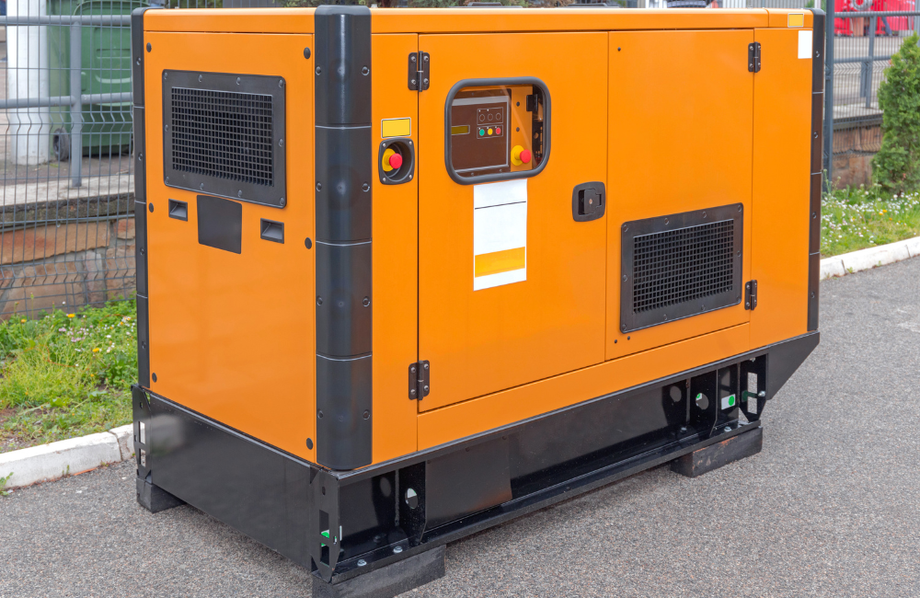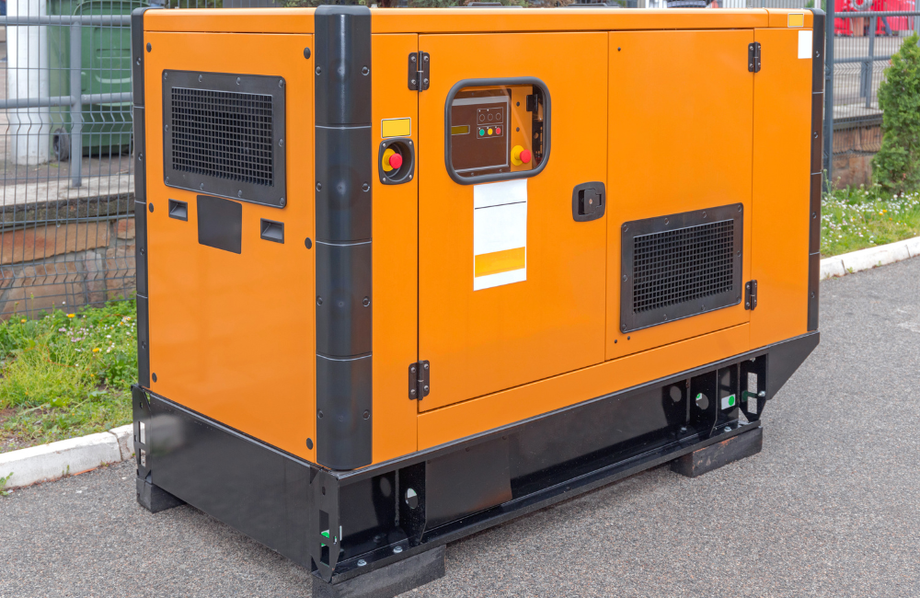When it comes to securing a backup power source, the choice between industrial and residential generators is pivotal. Total Generators, a foremost provider in the generator market, elucidates the distinctions between these two generator types, aiding Australians in making informed decisions based on their unique power needs.
Power Capacity and Usage
The most noticeable difference between industrial and residential generators lies in their power output. Residential generators are designed to cater to the power needs of a home, supporting essential appliances like refrigerators, lighting, and heating systems during outages. These generators typically offer a power output ranging from 5kW to 20kW.
Conversely, industrial generators are engineered for much heavier usage, capable of delivering power outputs from 20kW to over 3MW. These powerhouses support not just the basic operations but also the heavy machinery and continuous processes of industrial facilities, construction sites, and large commercial complexes.
Durability and Construction
Industrial generators are built to withstand rigorous use and harsher environments. They often feature robust construction with heavy-duty materials, enabling them to operate reliably under extreme conditions for prolonged periods. Residential generators, while still durable, are constructed with lighter use in mind, focusing on providing reliable power during shorter, less frequent outages.
Fuel Efficiency and Types
Fuel efficiency plays a crucial role in generator selection. Residential generators usually run on petrol or LPG, balancing cost and availability for homeowners. Industrial generators, on the other hand, may use diesel, natural gas, or even bi-fuel options, reflecting a preference for fuel efficiency, lower operating costs, and the ability to run for extended periods without refuelling.
Noise Levels
Noise is a significant consideration, especially in residential areas. Residential generators are designed to operate quietly, minimising disruption to homeowners and neighbours. Industrial generators, while focused on efficiency and power, also incorporate noise reduction technologies but are generally louder due to their larger size and power output.
Cost Implications
Investing in a generator involves considering the purchase price, installation costs, and ongoing maintenance. Residential generators are more affordable, reflecting their smaller size and lower power output. Industrial generators represent a more significant investment, justified by their capacity, durability, and the critical nature of the applications they support.
The choice between industrial and residential generators hinges on the specific power requirements, intended use, and operational environment. Total Generators recognises these diverse needs, offering a wide range of solutions across both categories. With expert advice and a commitment to quality, Total Generators ensures Australians have access to reliable power, whether for home or industrial use, safeguarding against disruptions and fostering continuity in every aspect of life.






Comments